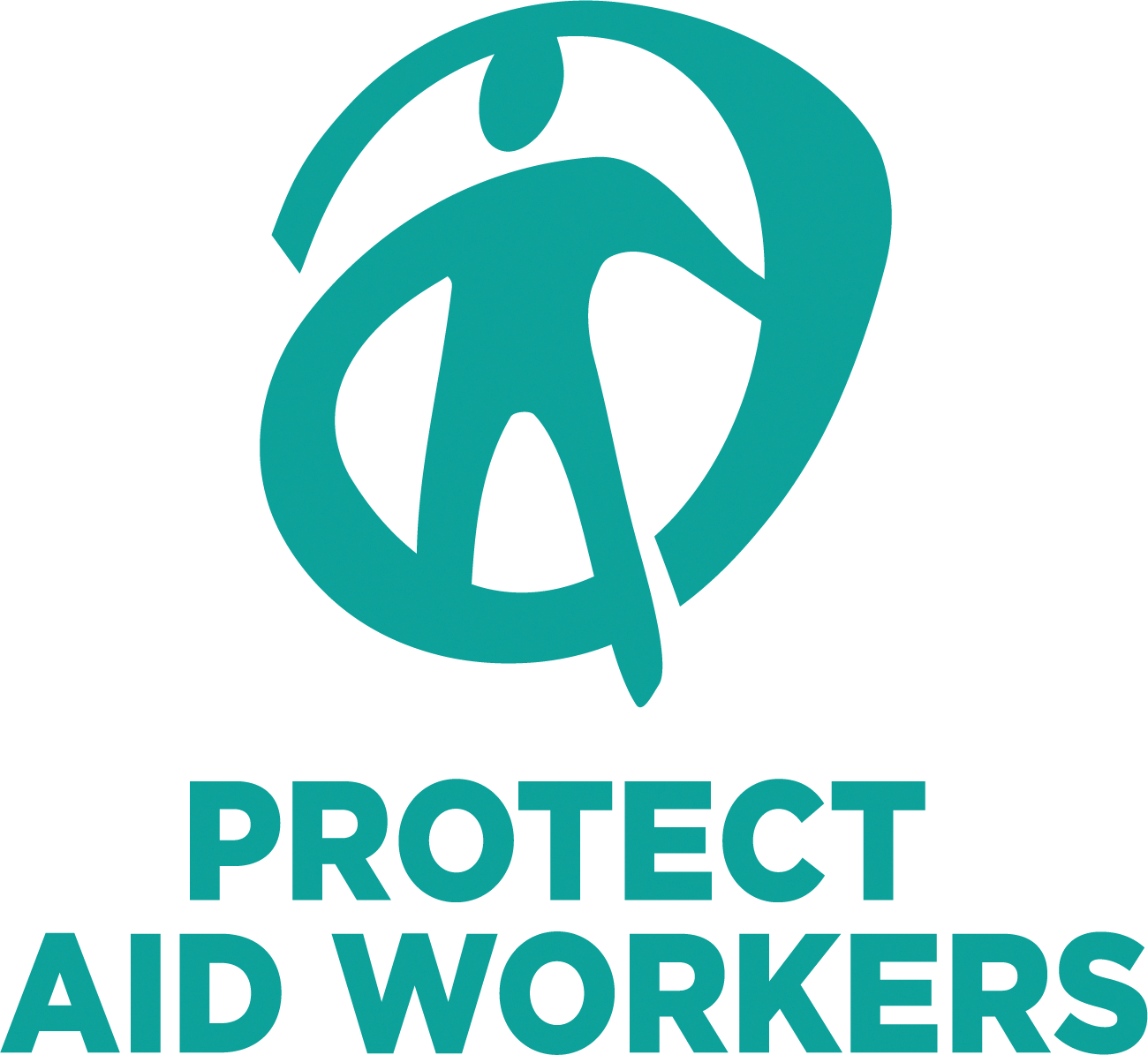The Security Council held a debate on May 21 and adopted a resolution to protect United Nations (UN) and humanitarian personnel, emphasizing their safety in conflict zones. The resolution calls for states to uphold international law obligations, specifically those established in the 1949 Geneva Conventions. It stresses the importance of protecting local humanitarian workers, who form the majority of those affected by violence.
Switzerland, introducing the resolution, highlighted the increased attacks on UN and humanitarian workers, jeopardizing their ability to assist those in need. The resolution urges states to conduct impartial investigations into violations against these workers and address new challenges, including disinformation. It requests the Secretary-General to provide recommendations within six months for better protection and accountability.
The resolution was adopted with 14 votes in favor and 1 abstention (Russian Federation). It calls for an end to the use of illegal explosive devices, condemns the denial of humanitarian access, and stresses the inclusion of women in humanitarian efforts. The resolution also asks the Secretary-General to report swiftly on safety issues concerning UN and humanitarian personnel.
Council members, including Japan, Sierra Leone, Guyana, Mozambique, Ecuador, and Algeria, expressed support, noting the resolution’s significance and the increased risks faced by humanitarian workers. They emphasized the need for accountability and the importance of the resolution in recognizing the evolving nature of conflicts, including challenges like disinformation.
While the resolution was broadly welcomed, the United States noted some concerns about prosecutorial discretion and the Russian Federation abstained, citing unresolved issues related to international legal accountability and humanitarian access.
Switzerland dedicated the resolution to humanitarian workers who have lost their lives, paying tribute to their contributions and sacrifices in conflict zones.
Find the article here
